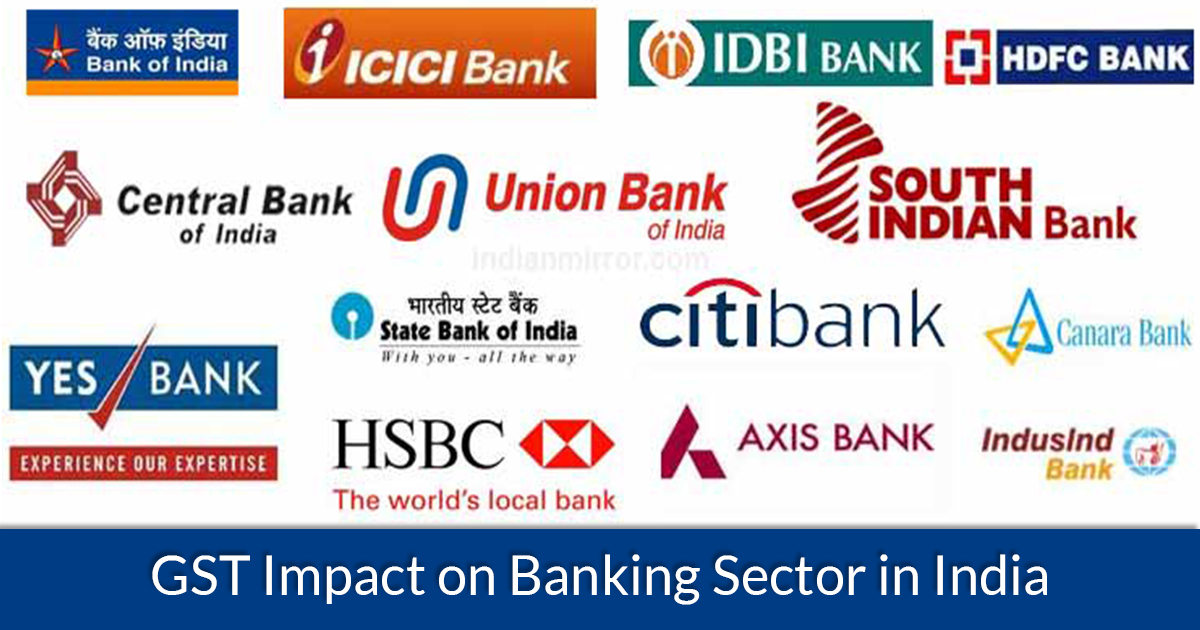
Banks will confront challenges under the GST in light of changes to the place of supply standards under the GST. Section 10 of the Model GST Law makes particular taxable frames for every enrollment in each category, as these organizations will file more tax returns under this control because branches in each state should file GST returns rather than a combination at the national level.
An outcome of this change is a prerequisite for banks to look at their changed source frameworks and ensure these frameworks can apply GST to the pertinent exchanges, apply the right tax administration (IGST, SGST/CGST) and afterwards order exchanges accurately. Indeed, even after the upstream order and rate choice are done, there is yet the matter of rapidly and effectively finishing a few GST returns for a solitary organization. This newly incorporated scheme will increase the process compliance anyhow.
Latest Update
- Rajasthan GST Department has issued a tax demand order against the Bandhan Bank under section 73 of the RGST/ CGST Act 2017. The bank has disclosed this through the exchange filing.
The GST will be making a higher turn towards the financial services of India, as the previously followed 15 per cent service tax is now converted into 18 per cent GST. All the services like ATM withdrawing, bank account maintenance charges, loan processing charges everything have been hiked up to 3 per cent from now.
It is also said that the GST Council have taken the asset management companies and the bank branches all in separate entities making extra compliance costs for each operating unit. It is also mentioned that the financial companies with both large and small status will be equally profitable to the financial technology companies providing assistance in the management of data and software tools.
The model law still has not determined how money-related insurance will be taxed and what rates will apply. Normally, the general worldwide principles will keep on being connected which will continue to levy tax and circumstances were imposed and exchanges are intrigued based.
The Model Law forces limitations on banks because the establishment must pick between the attribution technique or a month-to-month stipend of half of input tax credits. Under the immediate attribution strategy, GST input tax credits must be connected to taxable supplies and zero-appraised supplies and not cleared supplies. Join this with the prerequisite for a taxable individual in Section 10 and a bank at a national level has a test in deciding the conceivable input tax credit they can assert month to month.
While most organizations claim input tax credits for most things aside from limitations found in Section 17(4) or made under Section 17(5) a bank must ensure, that it tracks the taxable and zero-evaluated supplies month to month to decide the greatest input tax credit conceivable.
After the establishment has set up all the upstream procedures to guarantee, it can have the pertinent information for compliance it needs to choose how to handle the issue of consistency. Presently the organization makes returns on a state-by-state premise however in the meantime it oversees work processes related to making these profits. The past consistency prepared for a bank was to finish a Service Tax return which could be solidified at the national level for all the diverse areas in each return.
A substantial association for GST agreement could keep on using its present approach which is to solidify information and endeavour to roll out filings and after that make improvements yet with the necessity to transfer information to the GSTN and making minded hardships for clients there could be a more effective approach for an expansive organization.
A multi-inhabitant GST agreement conveyed in the house has intense information handling and change capacity for the work process and can give a substantial foundation to the approach in managing a brief span line to make and file precise tax returns on an ongoing reason for areas around a nation. Actually, some monetary organizations could need to file different GST returns in a solitary state contingent upon how they choose to continue given the taxable individual and business verticals.
Utilizing a business pool for GST compliance spares time and cash being developed and outlays expenses. Relying upon the budgetary foundation’s data security approaches could additionally pick up from having the arrangement facilitated on an open cloud.
Multi-tenure ownership with parts and work processes permits the information for a few areas to be isolated. Yet, the bank can permit inside tax groups or tax accomplices to take a shot at numerous information arrangements without spending time with partitioned records, frameworks, and logins. Another effective pick-up is to have a framework which takes into account booked on information change and transfer.